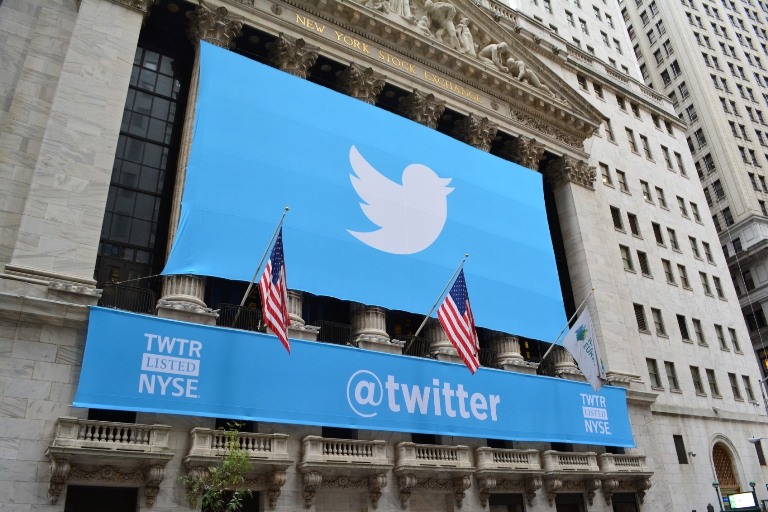
Twitter first introduced verified accounts back in 2009 as a way to stop celebrity impersonators. Since then, the significance of that blue checkmark has grown and evolved. Let’s take a closer look at this feature, which started with a lawsuit by St. Louis Cardinals manager Tony La Russa. It promises to become more important in the future.
The verification seal is intended mainly for “highly recognizable public figures,” and celebrities like Katy Perry and Justin Bieber still have the most popular verified accounts. But a study from last April found that “64 percent of all verified profiles are for users who do not work in music, television, government or sports.” By verifying so many users who are beyond the mainstream public spotlight, Twitter has eschewed red-carpet exclusivity in favor of a broader designation based on its own criteria. But as an invite-only privilege entailing special perks like filtering options and analytics (recently made available to everyone), a verified account has emerged as its own unique and coveted status symbol.
Lessons learned
Whether you’d like to join the @verified ranks or not, the advice that Twitter gives to this select group of users can provide helpful guidance for anyone interested in managing and strengthening a reputation through social media. In his fascinating walk-through of the verification process, blogger and technologist Anil Dash describes how Twitter imparts “a few bits of advice on how to be a good tweeter,” such as using hashtags, photos and detailed descriptions, live-tweeting events, and actively engaging with followers. It also encourages users to “increase trustworthiness by following other verified users.” Dash thinks that such lessons “should probably be incorporated into everybody’s Twitter experience somehow,” and he’s right. Anyone who uses Twitter regularly has surely encountered tweets that could have benefited from the tips mentioned above.
The verification process
Twitter generally sends invites to profiles they consider eligible for verification (though it might be possible to prompt an invite).
A verified account carries both advantages and cachet, and is worth acquiring. As the number of verified users on Twitter and other social media platforms increases, it will become a more critical emblem for establishing trust and legitimacy.
Twitter’s official FAQ page on verified accounts urges those seeking verification “to continue using Twitter in a meaningful way,” but it also offers an alternative for establishing credibility without a blue seal: “Linking to your Twitter profile from an official website is the easiest way to confirm the authenticity of your Twitter account.” You can further enhance that authentic image by using your real name, crafting a professional and representative profile, and making your tweets original, interesting and media-rich. That, after all, is what’s most important. As About.com VP Matthew Knell told CNBC last November, the focus should be “on sharing valuable content rather than on being considered ‘an influencer or an icon.’”


